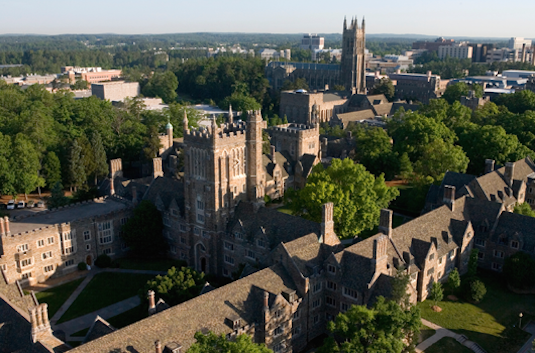FIP Seminar: Deep learning methods for high-speed Computer-Generated Holography

Many pressing neuroscience questions have not yet been answered by lack of adequate experimental capabilities. This presentation will show how our laboratory currently tackles this problem by bringing together optical engineers, computer scientists, and neuroscientists to develop new technology tailored to the rapidly evolving needs of experimental neurosciences.
This presentation will focus on our recent progress in all-optical neuromodulation techniques. Optogenetics is a recent scientific breakthrough that enables neuroscientists to activate or inhibit neural activity in individual neurons using light. However, the full potential of optogenetic neuromodulators can only be realized when they are paired with equally versatile light sculpting techniques. Neuroscientists require light sculpting techniques with high spatial and temporal resolution to address functionally defined neural ensembles on demand at extreme speeds. These requirements are best met by computer-generated holography methods but involves time-consuming nonlinear computations for which current algorithms require several seconds. Our team has recently leveraged deep learning models to dramatically accelerate the computation of 3D holograms, reducing the computation times by several orders of magnitude. Additionally, by implementing sparse representations of the addressable volume of brain tissue, we have further reduced computation times to only a few milliseconds, which matches the standard time scale of neural events. The discussion will focus on future applications of these technologies and their continued development to best serve the broader neuroscience community.
Dr. Nicolas Pégard is an assistant professor in the departments of Applied Physical Sciences and Biomedical Engineering at UNC Chapel Hill, and a primary faculty in the UNC Neuroscience Center. His research in optical instrumentation aims to extend the field of microscopy beyond imaging techniques, with new optical technologies tailored to probe and manipulate biological systems at the cellular scale with light. His research is supported by a 2023 Sloan research fellowship in Neurosciences, a 2021 Beckman Young Investigator award, and a 2018 Career Award at the Scientific Interface from the Burroughs Wellcome Foundation.






